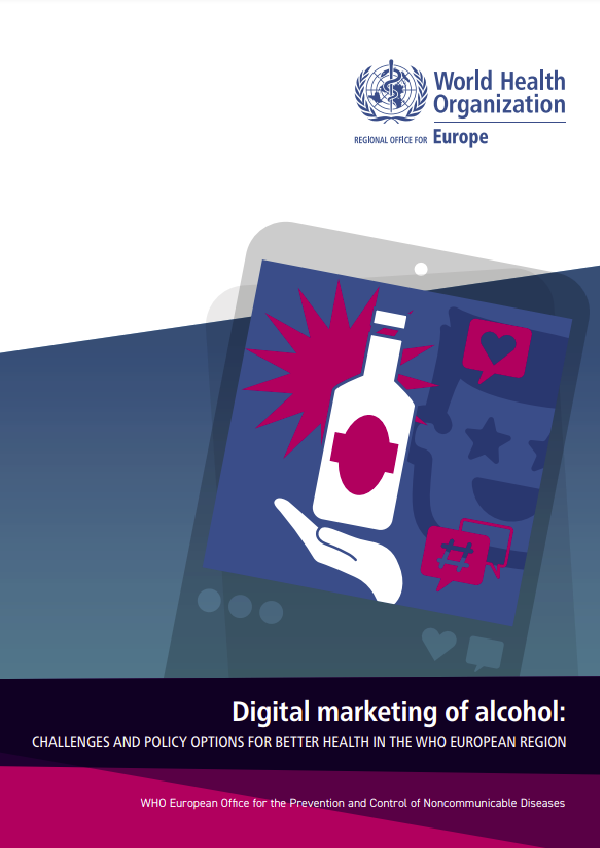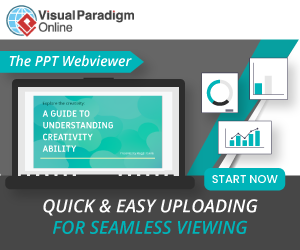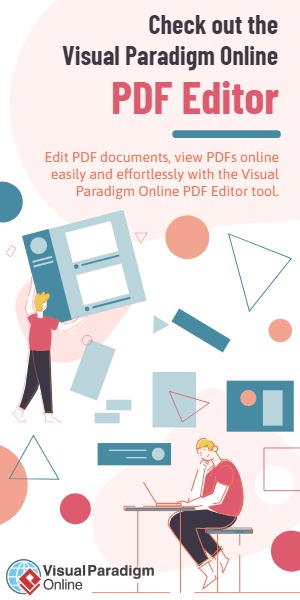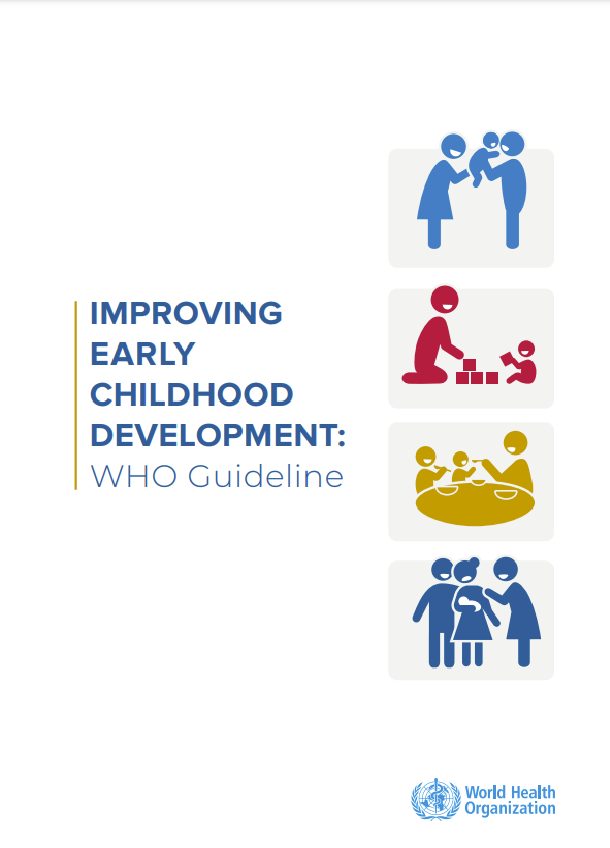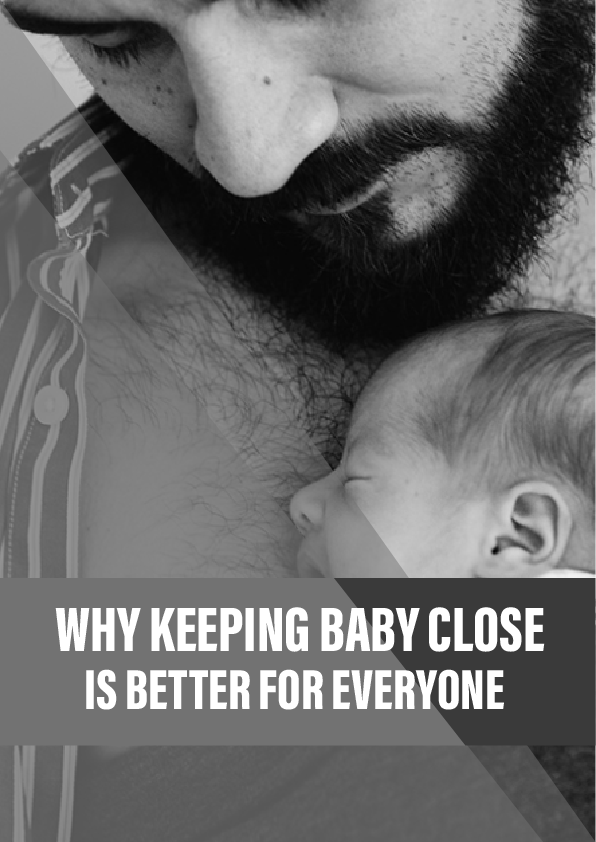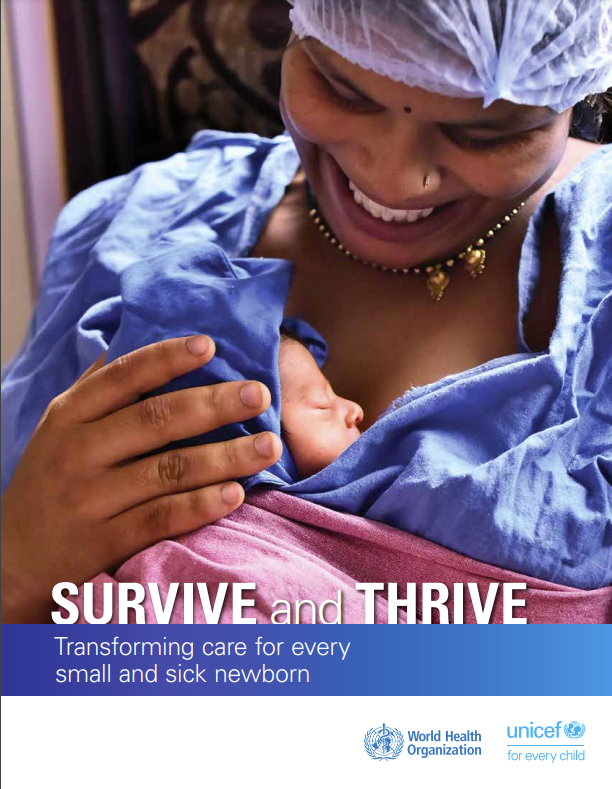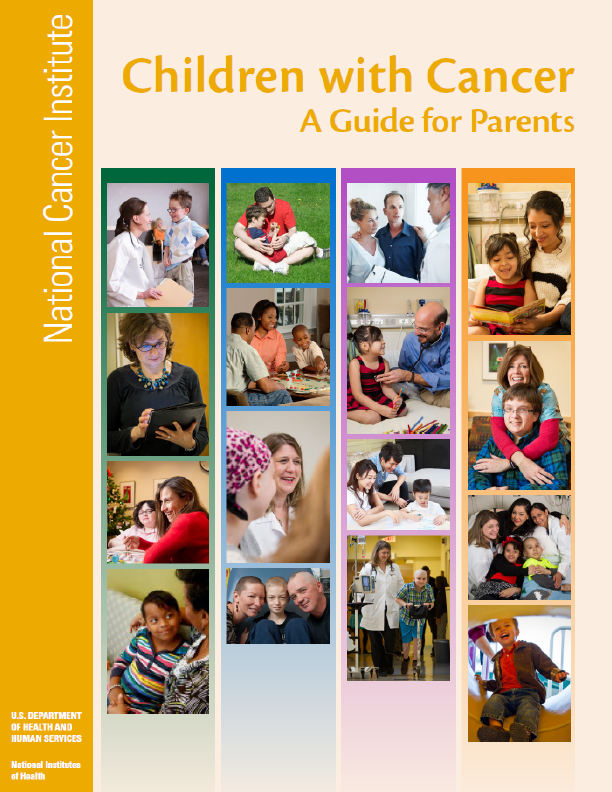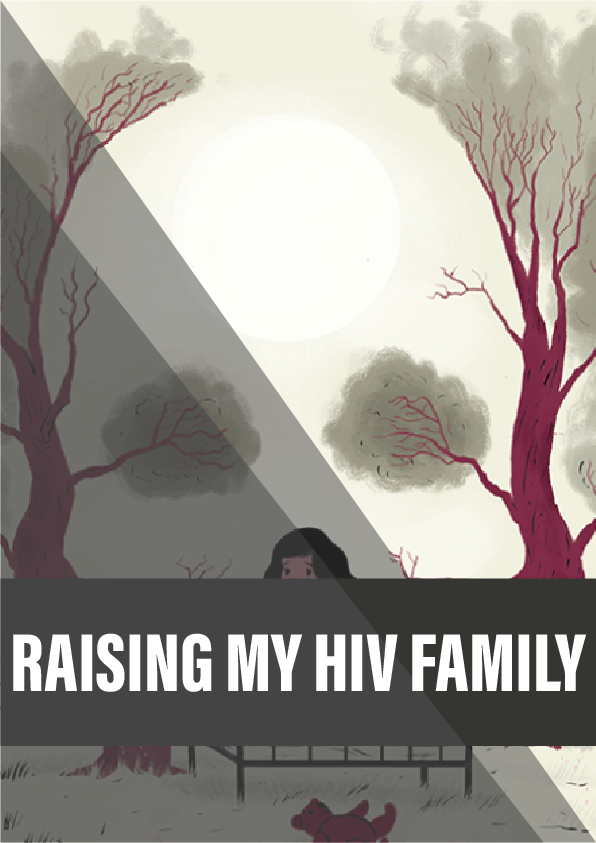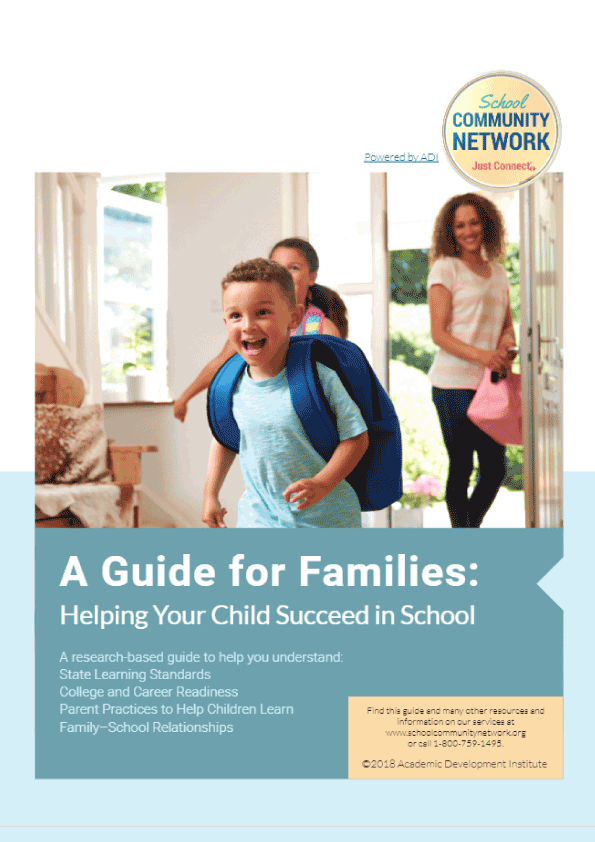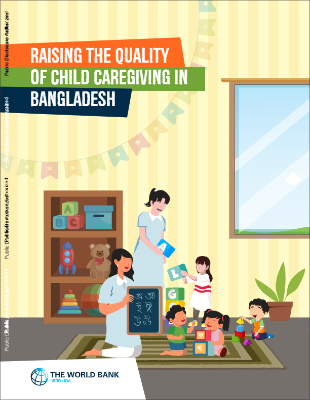Key points
The United Nations Convention on the Rights of the Child proclaims the right to health. Much of the evidence discussed in this report frames it as a human right that children should be protected from exploitative marketing that can harm their health and well-being. Restricting the marketing of alcohol is a WHO-recommended “Best Buy” – a cost-effective alcohol policy to reduce alcohol consumption and attributable burden. In the digital sphere, this must include protecting children from the exploitation of their online social lives. The best way to protect children and young people, people with (or at risk of) substance use disorders, and the general population from exposure to digital marketing of alcohol, with its associated risks, is to have a global and comprehensive approach that removes it, as far as possible, from all online contexts.
Just as with tobacco, a global and comprehensive approach is required to tackle global marketing and transnational advertising, promotion, and sponsorship of alcohol. The more comprehensive the policy, the easier it will be to ensure clarity in communication and interpretation of the legal intention and to monitor and enforce the policy. There are some emerging opportunities. The digital ecosystem is continuing to develop so that spending on digital media is increasingly consolidated on a small number of platforms – notably, Amazon, Apple, Facebook, Google, and Microsoft. This presents potential spaces for WHO, other United Nations institutions, and Member States to work in collaboration with these major bodies to make the internet a safe space for children and young people, moving closer to our vision of a SAFER WHO European Region for all people, free from harm due to alcohol.
NEXT STEPS
In 2022–2023, WHO European Region plans to develop intersectoral policy dialogues to implement policy considerations identified in this report, as well as policy briefs on the various components of digital marketing. WHO European Region will also convene an action-driven expert network on digital marketing of alcohol and establish plans to pilot the WHO CLICK2 methodology (monitoring of digital marketing of unhealthy products) in the alcohol context at the Member State level. Findings from the present report will also inform priority actions under the WHO noncommunicable diseases signature initiative in the area of actions to protect children and young people from exposure to unhealthy commodities in digital contexts.
